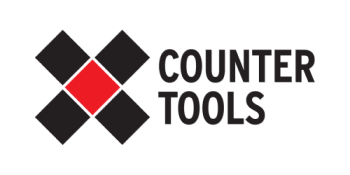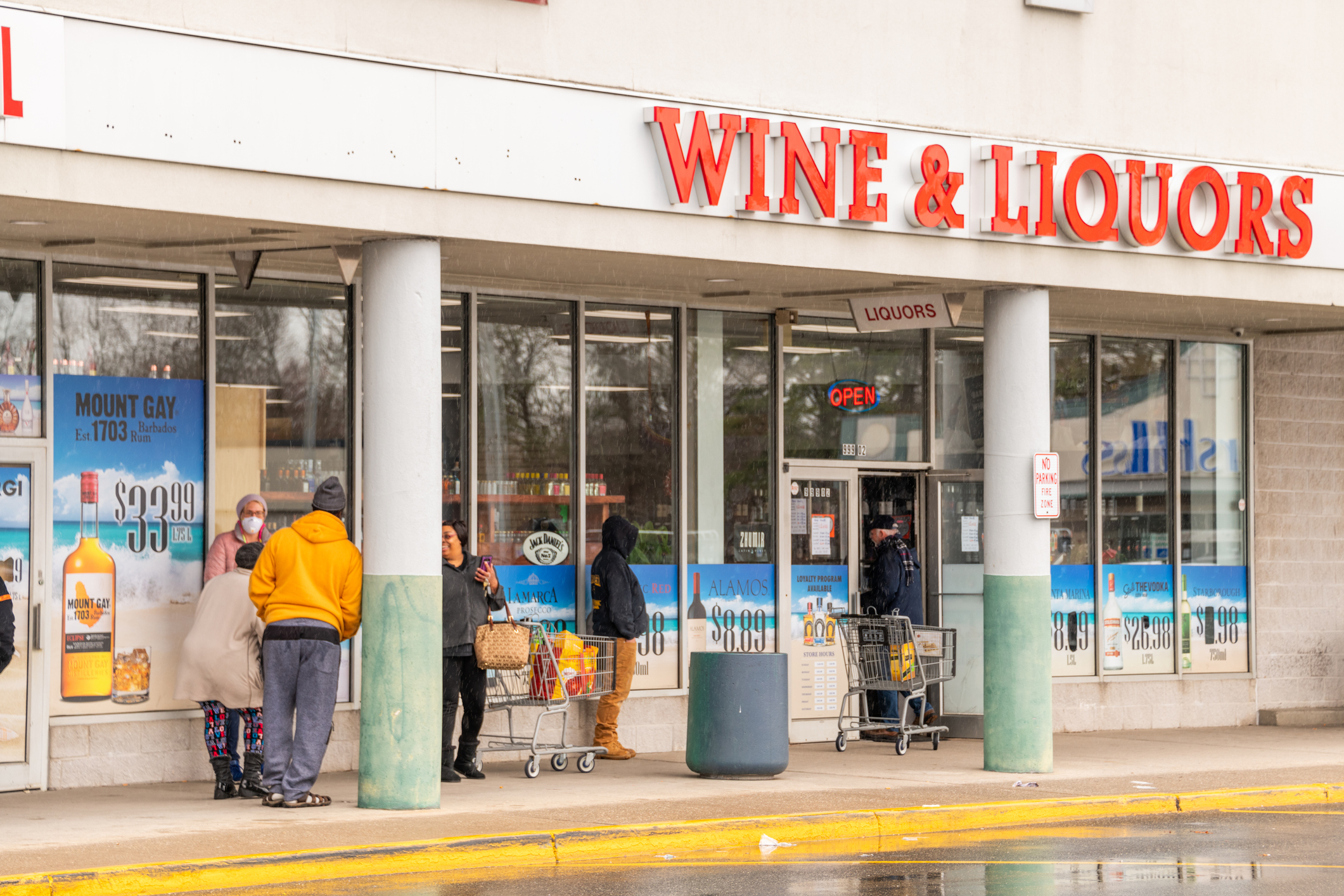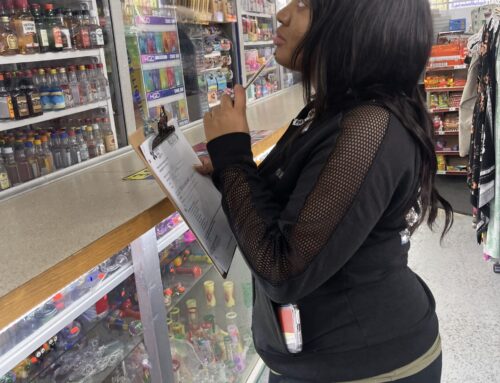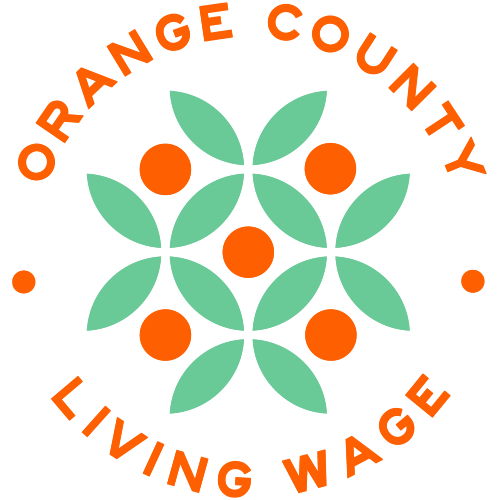Marketing and promotions for alcohol and tobacco products saturate retail stores in most communities—the same places where you buy milk, snacks, and medicine. Research has shown that exposure to advertising and promotions for these products have a number of negative health impacts, such as prompting youth initiation, encouraging impulse purchases, and leading to brand preference. Policy change at the point of sale is an evidence-based way to create a healthier environment for all.
Obtaining a comprehensive understanding of the retail environment is a key first step to implementing successful point-of-sale policy changes. Store assessments (also referred to as store audits or observations) allow communities to collect data about what is happening in the retail environment. This information is important for educating the public, policymakers, and youth about the deceptive marketing tactics that are used by the tobacco and alcohol industries. Using store assessments, public health practitioners can get insight into the types of products available and how these products are advertised, information that can be instrumental in formulating policy solutions to address a community’s specific problems.
Along with providing useful evidence for guiding policy goals, store assessments have several additional benefits:
- Conducting store assessments can be a great opportunity to engage community members and educate decision makers, allowing them a firsthand look at the ways harmful products are being promoted near the places they live, work and play.
- Using a standardized store assessment allows for comparison between neighborhoods. Rather than simply comparing differences in tobacco or alcohol use, store assessment data can tell the story of how the retail environment drives these disparities. For example, store assessments might show that one neighborhood has more alcohol or tobacco outlets with lower prices, making it easier for price sensitive groups, like youth, to purchase these products.
- Lastly, store assessments are a valuable tool for evaluating changes – Have retailers moved products from children’s eye level following your merchant education campaign? Have prices increased following a ban on coupons? Answering these types of questions would not be possible without the ability to compare the retail environment before and after using store assessments.
For the past 10 years, Counter Tools has provided training, technology tools, and technical assistance to public health practitioners conducting store assessments all across the country. To find out more about how we can support your store assessment efforts, contact [email protected].



